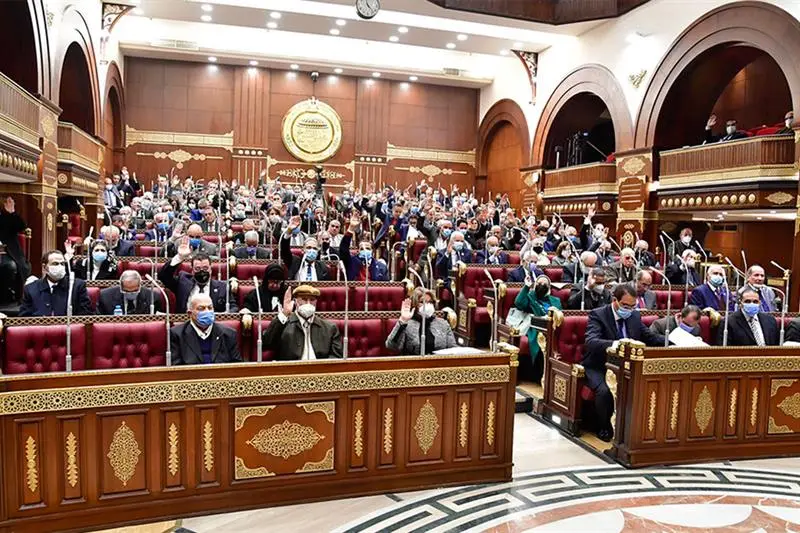On 13 February 2022, Egypt’s Senate passed the final draft of the new government-drafted Labour Law after a month of detailed discussions. The law, comprising 267 articles, aims to modernize labour regulations, align with the 2014 constitution, and balance the rights of employees and employers. The legislation will now be sent to the House of Representatives for final approval. Key updates include revised maternity and paternity leave policies, enhanced protections for workers, regulations on strikes, and stricter penalties for labour violations.
Key Points
- Legislative Process
- Senate approved 267 articles in total, with the last 22 articles finalized in the closing session.
○ Draft law now moves to the House of Representatives for final discussion and vote.
○ Drafted to comply with Egypt’s 2014 constitution, Supreme Constitutional Court rulings, and International Labour Organisation conventions.
- Major Provisions
- Maternity Leave: Four months paid leave (minimum 45 days predelivery) — limited to three times during career.
○ Paternity Leave: One day paid leave upon presenting birth certificate (initial proposal by Senator Mohamed Farid for seven days was rejected).
○ Child Labour: Ban on employment under age 18 (Art. 58); training allowed for up to six hours/day (Art. 60).
○ Worker Protections: Dismissal only upon a final judicial order; harder to terminate ill workers.
○ Strikes:
◆ Allowed if peaceful and after exhausting dispute resolution options (Art. 204).
◆ Requires 10 days’ prior notice to authorities (Art. 205).
◆ Prohibited in national security or essential services sectors (Arts. 206–207).
○ Wages & Conditions: Covers working hours, wage limits, and regulations on dismissal.
- Penalties for Violations
- Employers failing to report workforce/disability employment data:
EGP 100,000–300,000 fine.
○ Forcing unpaid labour: EGP 20,000–50,000 fine.
- Institutional Changes
- Creation of Higher Council for Planning and Employing Labour Forces to develop labour policies.
○ Establishment of an assistance fund for seasonal workers.
- Government Perspective
- Law reflects shift: 80% of Egypt’s 30 million workforce now in the private sector.
○ Designed to encourage investment while safeguarding workers’ rights.
○ Incorporates feedback from the International Labour Organisation.
Core Values & Themes
- Modernizing labour legislation in line with constitutional and international standards.
- Balancing economic growth and investor confidence with worker protections.
- Introducing gender-sensitive policies for workplace equality.
- Combating child labour while supporting youth training initiatives.

